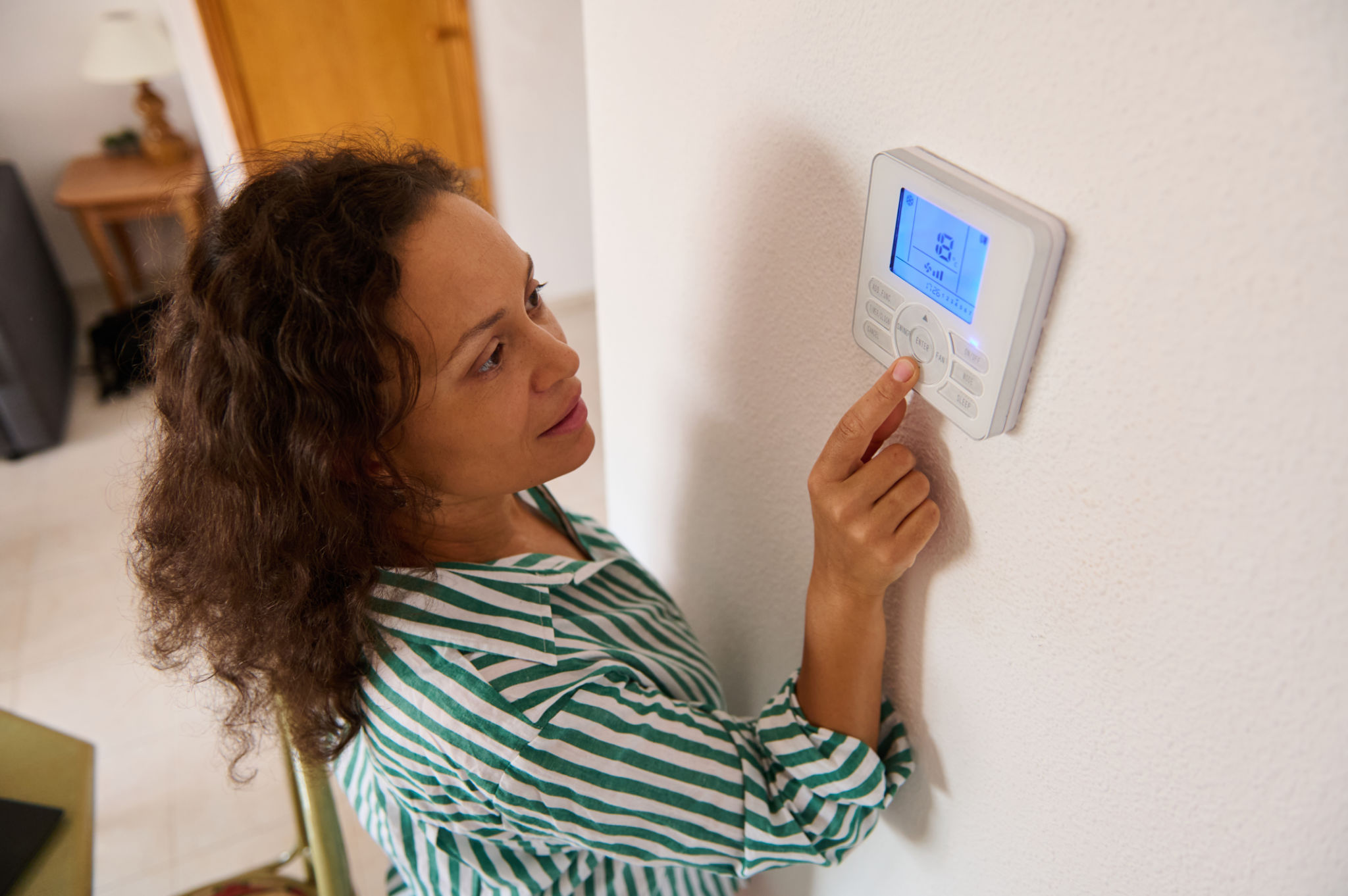Preparing Your Restaurant for Seasonal Changes: Essential HVACR Tips
Understanding the Importance of HVACR in Your Restaurant
As the seasons change, so do the needs of your restaurant's HVACR (Heating, Ventilation, Air Conditioning, and Refrigeration) systems. These systems are integral to maintaining a comfortable environment for both your customers and staff, as well as ensuring food safety standards are met. Proper maintenance and adjustments can lead to increased efficiency and reduced operational costs.

Conducting a Seasonal HVACR Inspection
The first step in preparing your restaurant for seasonal changes is conducting a thorough inspection of your HVACR systems. It’s crucial to check for any signs of wear and tear, leaks, or inefficiencies. Look out for unusual noises or vibrations, as these can indicate potential issues that need addressing.
Regular inspections help identify problems before they escalate into costly repairs. For best results, schedule these inspections at least twice a year, ideally at the change of major seasons. Investing in a professional service can ensure thoroughness and provide peace of mind.
Optimizing Temperature Settings
Adjusting your temperature settings in line with seasonal changes is essential. During colder months, ensure your heating system is operating efficiently to keep your dining area warm and welcoming. Conversely, in hotter months, your air conditioning should provide a refreshing escape from the heat.

Bear in mind that setting temperatures too high or too low can result in unnecessary energy consumption. Utilize programmable thermostats to automate temperature adjustments, saving both energy and money.
Maintaining Refrigeration Units
Your refrigeration units are vital for preserving food quality and safety. Seasonal shifts can affect their performance. Ensure that door seals are intact and that the units are free from dust and debris that could hinder efficiency.
Regularly clean condenser coils and check refrigerant levels to maintain optimal performance. Failure to do so can lead to increased energy consumption and potential food spoilage.

Ventilation System Upkeep
A well-maintained ventilation system is crucial for maintaining air quality within your restaurant. Clean and replace air filters regularly to ensure efficient airflow and prevent the buildup of allergens and contaminants.
Make sure that exhaust fans are working efficiently, especially in the kitchen area where they help eliminate smoke, odors, and excess heat. This contributes to a safer and more pleasant environment for staff and patrons alike.
Energy Efficiency Tips
Finally, consider implementing energy-efficient practices to enhance your restaurant's HVACR systems further. These can include:
- Installing energy-efficient lighting to reduce heat load.
- Using ceiling fans to circulate air more effectively.
- Sealing windows and doors to prevent drafts and maintain consistent temperatures.
These small changes can significantly impact your energy bills and overall sustainability efforts.

By taking proactive steps to prepare your restaurant for seasonal changes, you not only ensure operational efficiency but also create a more comfortable experience for everyone who walks through your doors. Keep these essential tips in mind as you transition through the seasons, and your HVACR systems will remain reliable year-round.